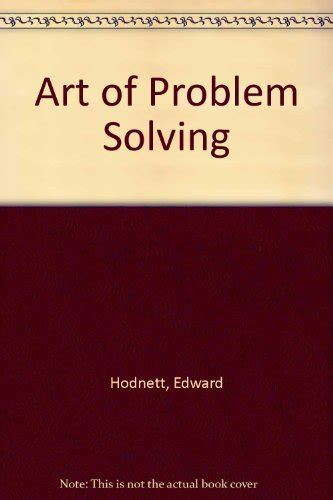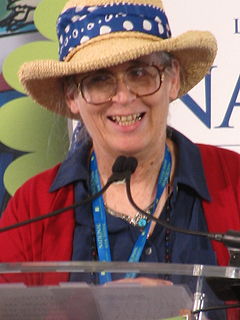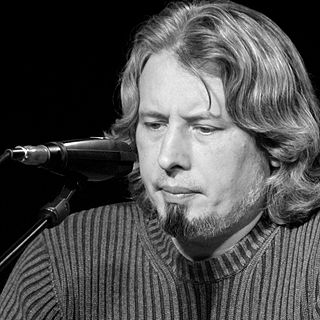A Quote by Alan Watts
Problems that remain persistently insoluble should always be suspected as questions asked in the wrong way.
Related Quotes
As does every young man studying philosophy, I naturally asked myself questions about the truth of all this, and about the meaning of freedom, predestination, and liberty of choice and so on. But to have asked questions of yourself about it, I think is not too important. Let's say - I remain - I remained a believer.
When I was ambushed by global warming advocates recently - no, they haven't given up - they asked me the same questions they always ask: "What if you're wrong?" and "If you're wrong will you apologize to future generations?" I always answer, "What if you're wrong? Will you apologize to my twenty kids and grandkids for the largest tax increase in American history?" They usually don't have anything to say after that.
I guess I was just always one of those guys who asked those fundamental questions: 'Who am I? What's this for? Why? What does this mean? Is this real?' All these pretty basic questions. I like making movies about people who are self-conscious in that way, and are trying to feel their way through the world.
I have never said, as is sometimes believed, or even suggested that lower-class children should not learn the so-called educated norm of the Portuguese language of Brazil. What I have said is that the problems of language always involve ideological questions and, along with them, questions of power.
The best way to forget your own problems is to help someone else solve theirs.
The best way to prepare for life is to begin to live.
The best way to respond to wrong is to do what's right.
The better we know ourselves the less we'll criticize others.
The bigger your problems, the bigger your prayer should be.
If you walk along the street you will encounter a number of scientific problems. Of these, about 80 per cent are insoluble, while 19½ per cent are trivial. There is then perhaps half a per cent where skill, persistence, courage, creativity and originality can make a difference. It is always the task of the academic to swim in that half a per cent, asking the questions through which some progress can be made.










































